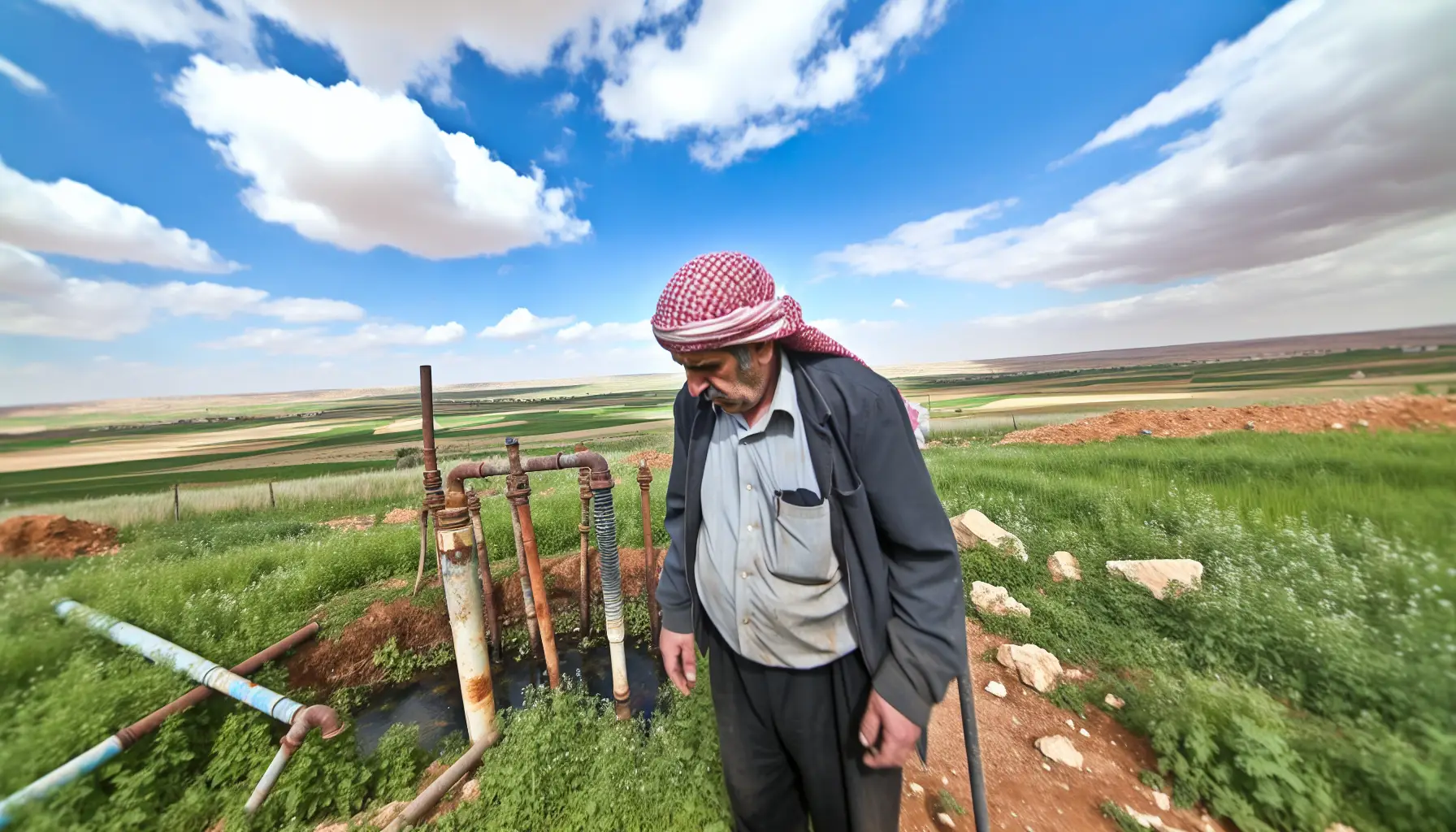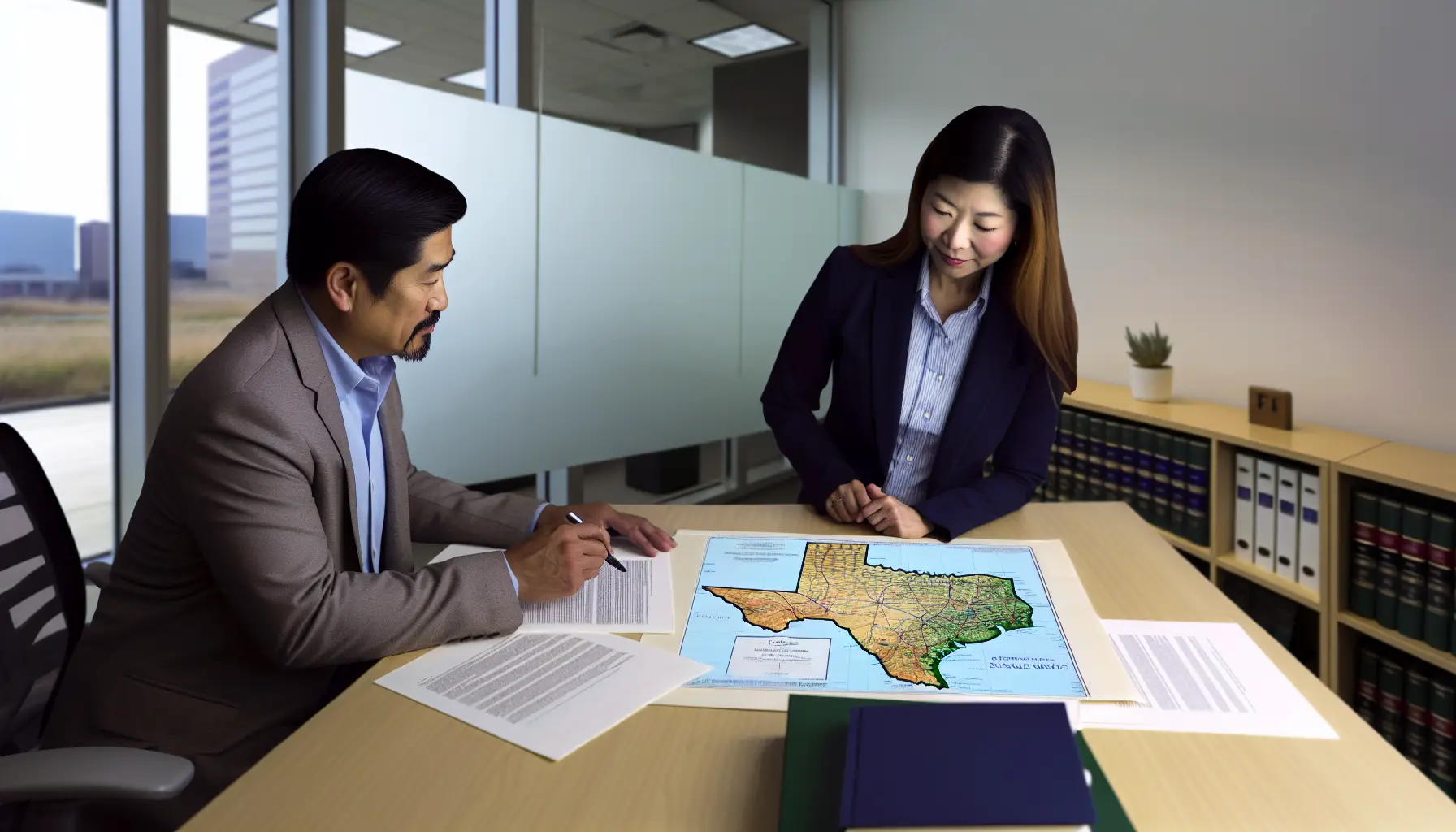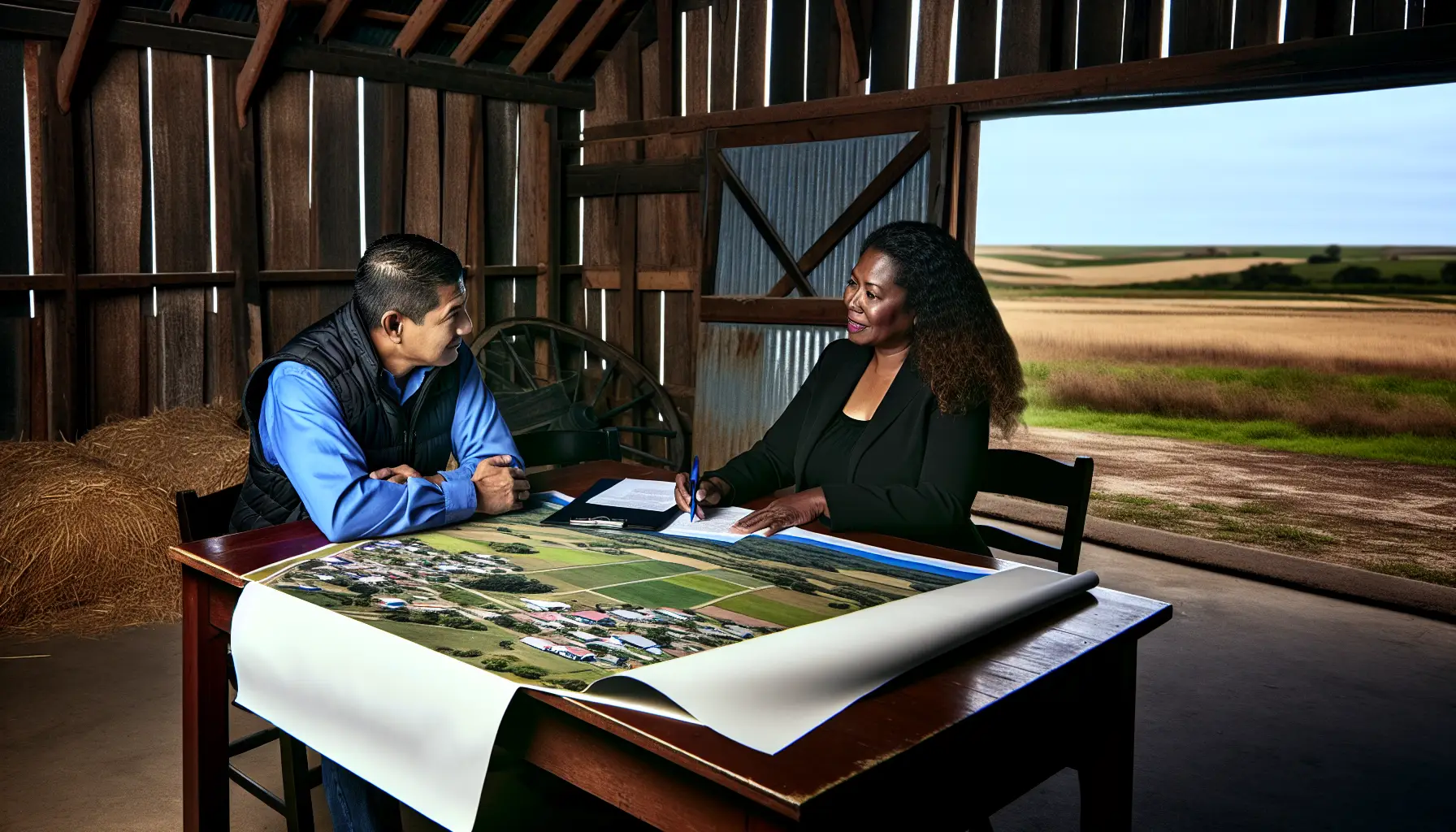Understanding the nuances of Texas platting laws is crucial for anyone looking to buy land or develop property, particularly in rural areas. This guidance is essential not just for real estate investors, but also for landowners, brokers, and aspiring professionals who aim to navigate the complex landscape of regulations. With the right knowledge, stakeholders can successfully maneuver through zoning rules, county regulations, and possible disputes that may arise during development.
In This Article:
- Overview of Platting Laws in Texas
- Understanding County Regulations for Rural Subdivisions
- Navigating Extraterritorial Jurisdictions (ETJs)
- Working with Local Officials
- Key Considerations for Landowners
- Zoning Laws and Their Implications
- Financing Strategies for Rural Subdivisions
- Navigating Disputes Related to Platting and Zoning
Overview of Platting Laws in Texas
What are Platting Laws?
Platting laws are a set of regulations that govern how land can be divided and developed into subdivisions. These rules are designed to ensure safe, organized, and efficient residential and commercial areas. Understanding these laws is essential for anyone looking to engage in real estate transactions or development projects in Texas.
The Importance of Compliance
Failure to adhere to platting laws can result in significant consequences, including fines, lengthy delays, or even halting a project completely. Therefore, compliance with these laws is paramount for successful land development, as it protects the interests of developers, investors, and the community alike.
Understanding County Regulations for Rural Subdivisions
Key Regulatory Bodies
In Texas, county governments play a pivotal role in overseeing platting laws. They are responsible for reviewing projects to ensure they meet local standards. Each county has its own set of regulations, so familiarizing yourself with your specific county’s rules is essential for smooth navigation through the development process.
Common County Regulations to Know
While regulations may vary from one county to another, some common elements include zoning classifications, environmental protection measures, and subdivision standards. Understanding these aspects will enable landowners and developers to plan effectively and align their projects with local requirements.
Navigating Extraterritorial Jurisdictions (ETJs)
What are Extraterritorial Jurisdictions?
Extraterritorial jurisdictions, or ETJs, refer to areas surrounding city limits where municipal governments can enforce their regulations, even if the land lies outside city boundaries. This means if you own land in an ETJ, you may be subjected to additional zoning rules that can affect your development options.
How ETJs Affect Rural Development
Understanding the implications of ETJs is vital for rural landowners or developers. These areas often come with specific restrictions that can limit what you can do with your property. Before undertaking any development, ensure you comprehend how ETJ rules apply to your land.
Working with Local Officials
Building Relationships with Local Authorities
Establishing good communication with local government officials can significantly benefit your development projects. By fostering respectful relationships and being transparent about your intentions, you can circumvent potential issues and expedite the approval process.
Presenting Development Proposals
When initiating a project, it is crucial to submit a comprehensive development plan that adheres to local regulations. A well-prepared proposal increases the likelihood of approval and demonstrates your commitment to following the rules, which is vital for maintaining smooth interactions with local authorities.
Key Considerations for Landowners
Understanding Property Boundaries and Rights
Knowing your property boundaries is essential for any landowner. This knowledge helps prevent disputes with neighboring landowners and protects your rights as a property owner. Accurate surveys are key to affirming where your land starts and ends.
Common Challenges for Landowners in Rural Development
A variety of challenges may arise during rural development, including disputes over land use and property lines. By being aware of relevant real estate law and actively engaging with your local planning processes, you can better handle these challenges as they come.
Zoning Laws and Their Implications
Overview of Texas Zoning Laws
Zoning laws dictate how land can be utilized, whether for residential, commercial, or agricultural purposes. Understanding these regulations is essential for developing land in accordance with local norms and ensuring that your project meets zoning requirements.
Zoning Challenges in Rural Areas
In rural areas, navigating zoning laws can sometimes be more challenging due to varying regulations and local perceptions. Being prepared to address these challenges and understanding zoning issues for rural subdivisions can facilitate smoother project approvals.
Financing Strategies for Rural Subdivisions
Understanding Alternative Financing Methods
Several alternative financing options are available for funding land projects in Texas. These include loans, grants, and owner financing, which can be particularly valuable for real estate investors looking to maximize their investment potential. Researching and understanding these options can lead to better financial outcomes.
How Regulatory Knowledge Enhances Investment Opportunities
Having a firm grasp of applicable regulations can open doors to better financing opportunities. Lenders often prefer working with borrowers who demonstrate a sound understanding of their legal responsibilities and the local development landscape.
Navigating Disputes Related to Platting and Zoning
Common Disputes in Rural Development
Disputes can arise during land development, often related to permits, zoning restrictions, or even property lines. Recognizing potential issues early on can save time and resources in the long run, allowing you to address them proactively.
Legal Strategies for Dispute Resolution
When conflicts occur, it is often best to resolve them through open communication with the involved parties. If negotiations fail, seeking legal help may become necessary to navigate disputes effectively and ensure compliance with local laws.
Conclusion
Grasping Texas platting laws is essential for anyone involved in real estate, particularly for buyers and developers in rural areas. By learning about compliance, engaging with local officials, and utilizing proper financing strategies, stakeholders can position themselves for successful projects. For those navigating the complexities of real estate, local resources and expert guidance, such as that offered by Daughtrey Law Firm, can prove invaluable in streamlining the process and enhancing your understanding of the law.





















